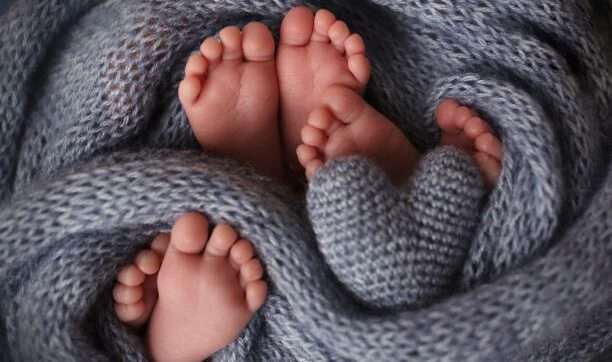November 17 marks World Prematurity Day. The importance of the day can be seen through the grim numbers SA Breastmilk Reserve has given.
The organisation says 10 million babies are born prematurely each year worldwide, with South Africa also affected.
Breastmilk plays a big role in saving the lives of some of the premature babies, hence the theme this year is “Big Impact: Immediate skin-on-skin care for every baby everywhere”.
Around 10% of premature babies that are born worldwide die within the first 24 to 48 hours, SA Breastmilk Reserve says. This points to the importance of breastmilk banks.
The NGO’s mission is to support mothers in emergency situations whose babies need breastmilk.
Human milk banks also help save lives of preterm infants, bridging the gap between birth and the time when new mothers can lactate.
Stasha Jordan, the executive director of the SA Breastmilk Reserve, said: “It is one of the hardest times in a parent’s life.
“This is especially true for premature births, where parents are unexpectedly thrust into the trial of lengthy hospital stays and complications of prematurity that often leave them empty-handed and grieving. This is a traumatic time for the infant too.”
Breastmilk donations encouraged
Skin-on-skin practices support healthy maternal lactation. Therefore, it is key that the mother and newborn are not separated.
“It is essential for hospital facilities to allow for lodger facilities for the mothers of the babies admitted to the NICU, as this promotes lactation and kangaroo mother care.
“It is crucial in the South African context to support all mothers to breastfeed and in the context of prematurity where hand expression and the use of breast pump replaces latching, specialised support is often needed to lactate,” Jordan said.
She encouraged the donations of breastmilk.
“Expressed mother’s milk plays a key role in saving the lives of the most vulnerable premature patients, to achieve latching to the breast as soon as possible.
“According to the World Health, all babies should receive exclusive breastfeeding for the first 6 months of life and with complementary feeding up to 24 months.
“Breastmilk offers unparalleled immunological protection at the beginning of the life cycle; it is the first vaccine by nature.”
Visit SW YouTube Channel for our video content





